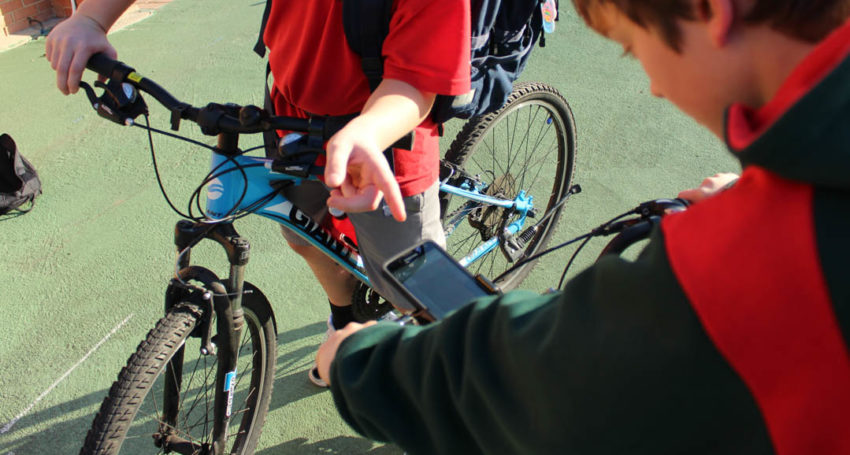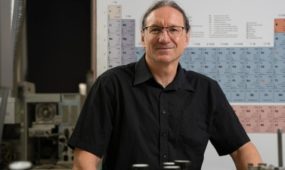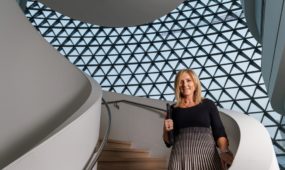Smartphone science teaching tool captures Google's attention
Education
GOOGLE is courting an Australian startup that utilises smartphone sensor technology to develop a range of science learning tools.

Sign up to receive notifications about new stories in this category.
Thank you for subscribing to story notifications.

Phonelabs has been invited to share its unique approach to STEM (Science Technology Engineering and Mathematics) education at Google’s 2017 Science Foo Camp in California next month.
The technology, developed in South Australia, uses the smartphone’s sensors through a web-based application to calculate various measurements such as acceleration, speed, sound and gravity.
Smartphones can be attached to objects including bicycles and skateboards to perform a variety of experiments that reinforce scientific principles in everyday settings familiar to students.
Data is then displayed in easily understood formats such as real-time graphs.
Phonelabs founder and CEO Sivam Krish will talk about Phonelabs and his STEM education reform at the 2017 Science Foo Camp.
Science Foo is an exclusive science gathering organised by Google, O’Reilly media, Nature, and Digital Science, which consists of about 250 researchers, educators, writers, artists and investors from around the world.
Dr Krish said he was excited to present Phonelabs at the event dubbed the “unconference” and to demonstrate how STEM education could evolve.
“Education hasn’t really fundamentally changed – there is always someone talking, children listening – sometimes from textbooks to YouTube videos,” he said.
“The rise of Artificial Intelligence and the over reliance on technology to solve procedural problems is trashing knowledge.
“The magic of what we are trying to do with sensor technology is helping people experience what they’re learning, visualise things like acceleration and understand why the thing they’re learning has value.”
PhoneLabs was developed at Australian Science and Mathematics School and the company is now hosted by the New Venture Insitute at Flinders University.
The program runs workshops in South Australian schools using 3D-printed accessories such as smartphone stands and measuring devices designed for specific experiments.
Regular classes that take 40 – 50 minutes can be reduced to 20 minutes.
According to a recent Australian Government report, national participation in STEM subjects is at its lowest level in 20 years and performance results are declining.
Dr Krish said the way Phonelabs balanced science fun with facts helped students better retain information.
“Learning should be a compilation of ‘aha’ moments, where kids understand things for the first time and then it just clicks. This is what we set out to do,” he said.
Phonelabs was awarded South Australian Startup of the Year at the 2016 iAwards, which recognise innovative companies having an impact in the field of Information and Communications Technology.
Dr Krish said he hoped the Science Foo Camp would help him form new relationships and forge potential partnerships.
The event will take place on August 4 – 6 at the Googleplex in Mountainview, California.
Jump to next article



